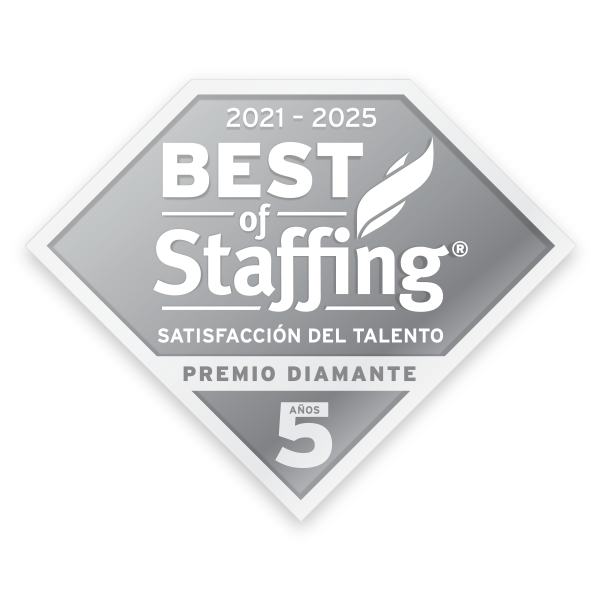Jonathan Hochman is the founder of Hochman Consultants, co-founder of CodeGuard (a web security company) and chairman of SEMNE (Search Engine Marketing New England). A Yale University graduate with 20 years experience as a business development, marketing and technology consultant, he has spoken at the Web 2.0 Summit, SMX, and SES. He has also contributed articles to Search Engine Land, Search Marketing Standard, and Internet Evolution. Find him on Twitter @jehochman.
While attending a local SEMNE event, I had the opportunity to speak with Johnathan Hochman about the future of search engine marketing. As always, he shared some excellent tips about SEO, particularly in terms of the current SEO job market. I was impressed with what he had to say, and invited him to share his thoughts via an interview for the readers of our blog. He graciously agreed.
These days, there’s a lot of talk in the blogosphere about SEO becoming “obsolete”. How would you respond to respond to a statement like that?
In one sense of the word, SEO’s are becoming obsolete as a profession. On the other hand, SEO skills have become essential to several different professions, including web developer, writer, and marketer. If you do any of those jobs, you need to understand how search engines work and make sure your web site, content and marketing strategy take advantage of the opportunities search engines provide for free editorial coverage.
How do you feel that SEO, as a profession, has evolved? Where do you see SEO heading in the next few years?
Early on, very few people understood how search engines worked — and search engines weren’t very sophisticated. A few industries, such as computer peripherals (where I started), become early adopters of search engine optimization as a marketing strategy. We learned how to use the search engines to our advantage. Today, almost every industry has businesses that understand SEO, so there are few or no open opportunities. To get exposure through natural search, you have to create compelling content and do all the technical things correctly. Simply tagging a page and dropping a few keywords no longer works.
The trend is for SEO service providers to branch out into marketing strategy, technical audits, usability audits and related web services. No longer can you expect to charge clients a high fee for teaching them how to look up keyword search volumes with your favorite tool and write titles for their pages. SEO is becoming the profession of web site marketing and performance optimization.
To the previous question, Google has been making some huge changes in their search results in the past few months, including “Panda” and the “Bigfoot” update, where some search results can appear in all ten slots in a search engine’s results, and/or 15 of the first 30 results. Which of these changes do you think are likely to stay with Google for the long run, and which are likely to fizzle out?
I think major changes are likely to stay. We’ve never seen a change like Panda or Penguin get reversed. User interface changes are constantly being tweaked, so I pay relatively less attention to those.
Having lots of similar search results may be something that users like for certain types of searches. For instance, if I type [Microsoft support Excel 2010 macros], I probably want a bunch of official Microsoft pages to choose from, and not much else. In that case Google gives me 10 Microsoft results. Unless users start to complain, Google will probably keep this behavior.
What kinds of skills and experience set apart a good SEO from a fantastic one? What can our readers do to improve their marketability to hiring companies?
To be a strong SEO candidate you need to understand marketing strategy, searcher behavior, technical SEO, and online marketing in all forms. You must also be familiar with HTML/CSS/JS coding, website usability, design for mobile browser and web page speed optimization.
When preparing for job interviews last year, I remember reading your article about SEO-friendly Flash. I cited those tips in several interviews! Do you have any other tips that might help with “curveball questions” during interviews?
A question I frequently get during interviews, when people are considering hiring me as a consultant, is “What would you do to improve our web site’s traffic”. The answer is to understand the goal of the website, make sure the value proposition is crystal clear to the visitor, streamline the conversion path, and set up conversion tracking to measure visitor engagement. Traffic only helps if the website is going to turn visitors into customers.
Once the foundation is set, I would start PPC advertising to learn which keywords create conversions, and then use that data to search optimize the site for the best-converting phrases. I would also monitor website performance via Google Webmaster Tools, page speed testing, and mobile device testing, and take care of any issues that might damage user experience — such as slow page loads or broken layouts on mobile browsers.
Each time I’ve attended a SEMNE event, I’ve heard about a few new tools that that people swear by as the best for SEO and analytics — but frankly, I’m too busy try them all out! Do you find that all the bells and whistles have a practical use in a SEO strategy? If so, which tools do you think are worth sitting down and really taking the time to learn?
I use DreamWeaver, FileZilla FTP, Vim text editor, Gimp, Google Analytics, Google Webmaster Tools, Google AdWords, Microsoft adCenter, Pingdom’s speed test, Xenu link checker, DomainTools.com, MailChimp, ConstantContact, Wufoo forms, Microsoft Excel, and my brain. That’s all I need for my process. I’ve tried lots of SEO tools and have never found them to help me. They might be helpful to others who are less technical, don’t have the time to dig into the details, or are dealing with “big data”.
If you are working on an enterprise account, you may need to learn an industrial-strength tool. Those tools are expensive, but they come with lots of support. You shouldn’t worry about knowing them now, because you will be able to learn on the job, and the setup is probably going to be highly customized for each situation. I’ve built such tools for other SEO firms, although I don’t use them myself.
Jonathan, thank you so much for your time. Do you have any final advice for our job-seeking SEOs?
Learn to code. You’ll get along better with your developers, and be able to move projects along faster.







